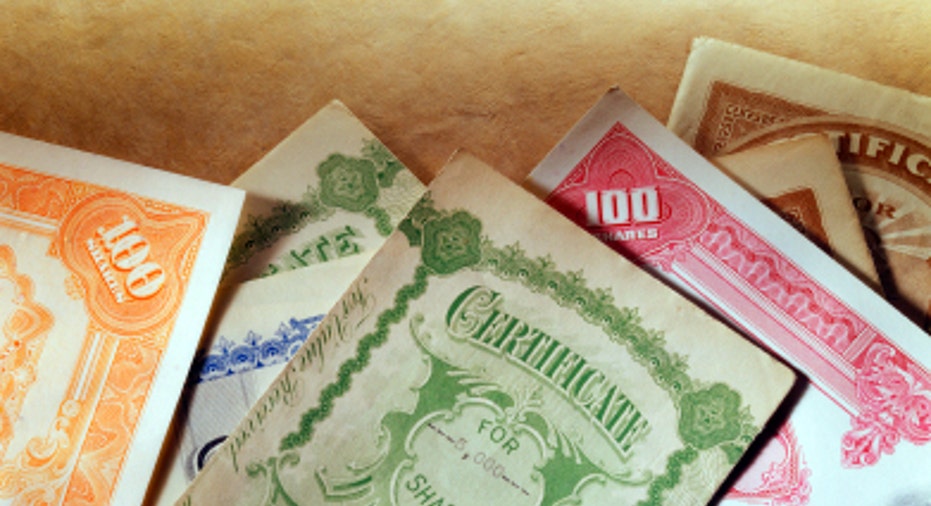Making the Case For Corporate Bonds

Steadily improving growth and an ongoing low-yield environment could support risk appetite for corporate bonds and related exchange traded funds.
While some may be concerned with a slowdown in the global economy, we are still experiencing growth, albeit at a slower pace. In a research note, BlackRock strategists, led by Richard Turnill, argued that the overall growth forecast has softened since June's Brexit vote but the global recovery should inch higher on better-than-expected, if still sluggish, growth.
"Bottom line: Growth surprises could provide a boost to risk appetite in the months ahead, keeping a 2016 Fed rate increase in play," BlackRock strategists said. "That could also lead to higher long-term Treasury yields and a steeper yield curve. We prefer credit over duration."
"We generally prefer investment-grade bonds. Yields offer compensation for the risks entailed, such as rising corporate leverage," the strategists added.
Moreover, the Bank of Japan said on Wednesday it will freeze the 10-year government bond yield near zero and keep short-term rates negative while the Federal Reserve also pushed back expectations for rate hikes next year and over the long run.
With global central banks maintaining loose monetary policies that have pushed down government debt yields - over $10 trillion in international government bonds have negative yields, yield-starved investors will look toward riskier assets, like corporate bonds, to generate more attractive payouts.
Since many overseas central banks have enacted negative rate policies, international investors may also turn to the attractive yields in U.S. markets and further support U.S. corporate bonds. According to recent data from the U.S. Treasury, foreign investors have already picked up $146 billion in U.S. corporate bonds in the 12 months ended July.
Consequently, given the BOJ's and Fed's decisions, we can see greater demand for corporate bonds from both domestic and foreign investors.
ETF investors who are interested in U.S. corporate bond exposure have a number of options available. For instance, the iShares iBoxx $ Investment Grade Corporate Bond ETF (NYSE:LQD) has a 8.48 year duration and a 2.95% 30-day SEC yield, Vanguard Intermediate-Term Corporate Bond ETF (NYSE:CIT) has a 6.5 year duration and a 2.77% 30-day SEC yield, and SPDR Barclays Intermediate Term Corporate Bond ETF (NYSE:ITR) has a 4.46 year duration and a 2.20% 30-day SEC yield.
Those wary of the potential credit risks should keep in mind that these corporate bond ETFs focus on investment-grade debt securities. Specifically, LQD has 2.4% in AAA-rated corporate bonds, 12.5% AA, 40.2% A and 44.6% BBB. VCIT includes 1.3% Aaa, 7.9% Aa, 36.5% A and 54.3% Baa. ITR holds Aaa 1.0%, Aa 12.4%, A 37.2% and Baa 49.1%.
This article was provided by our partners at etftrends.com.



















